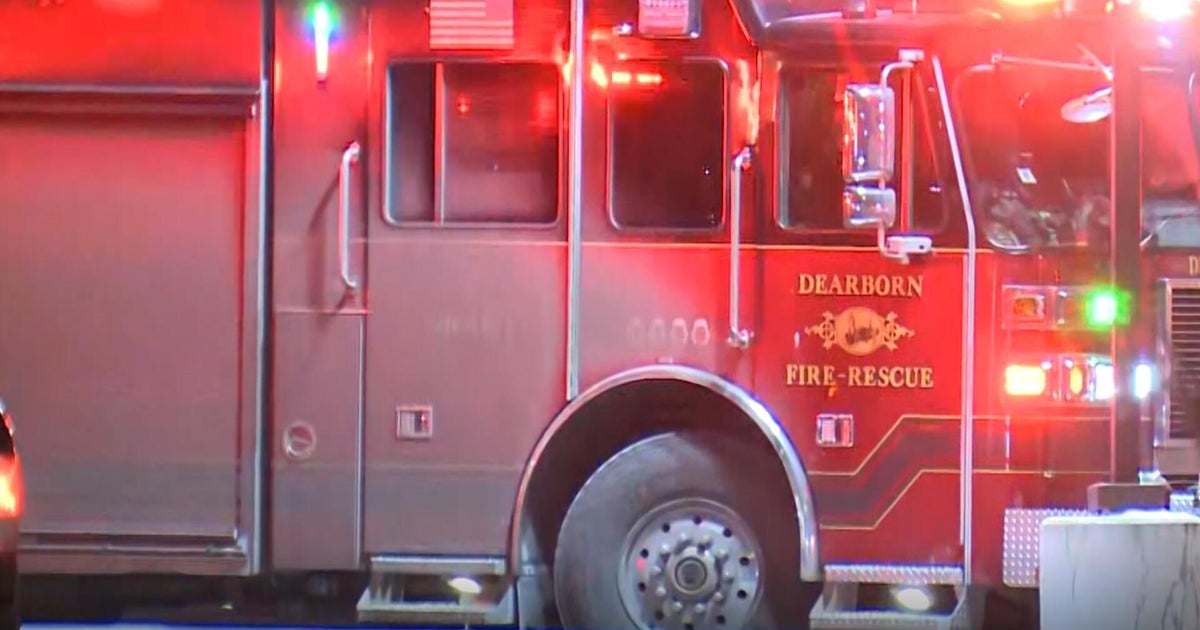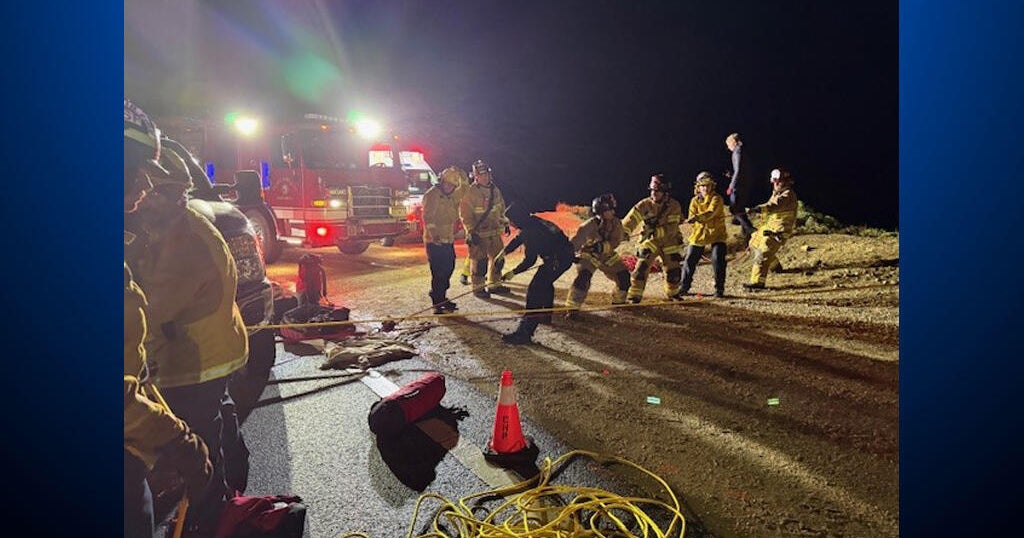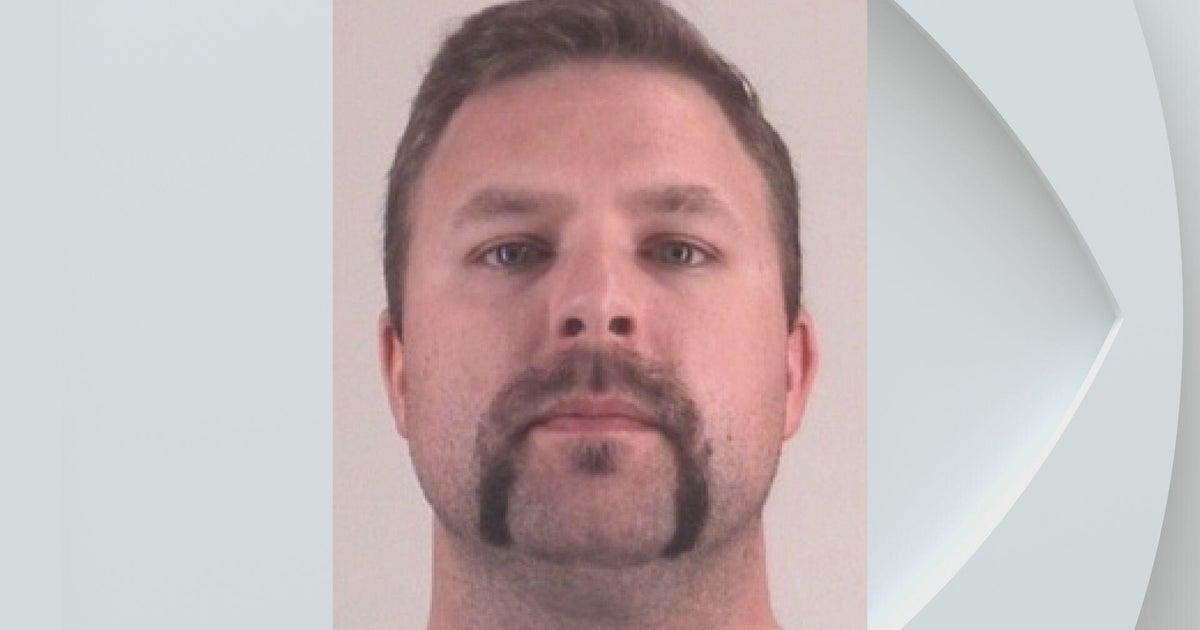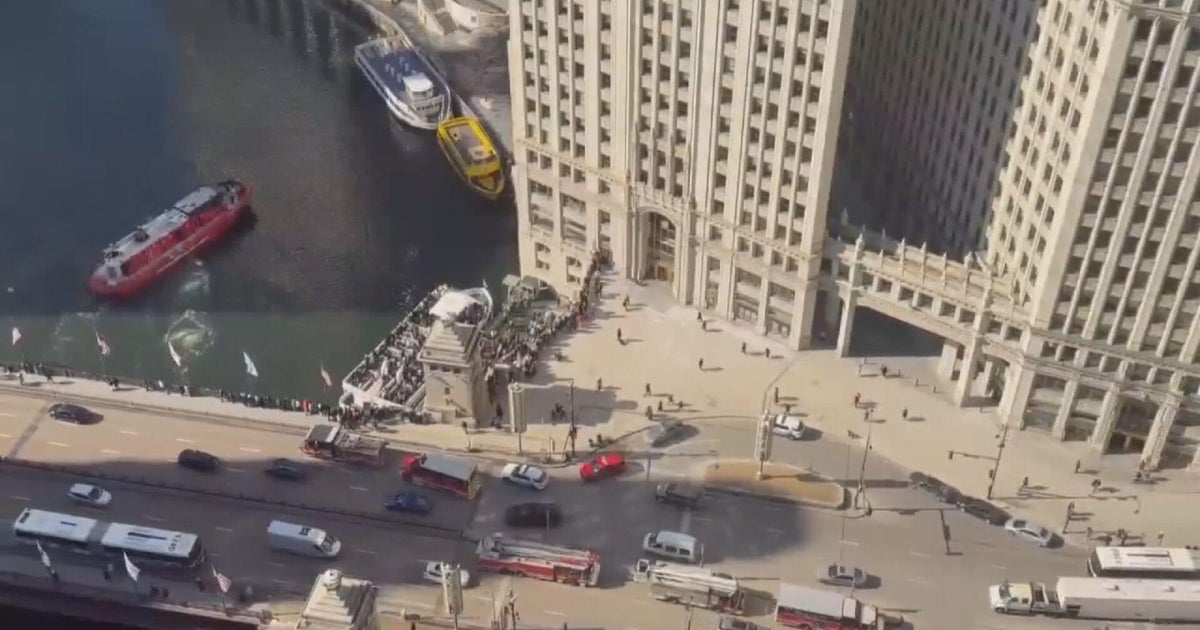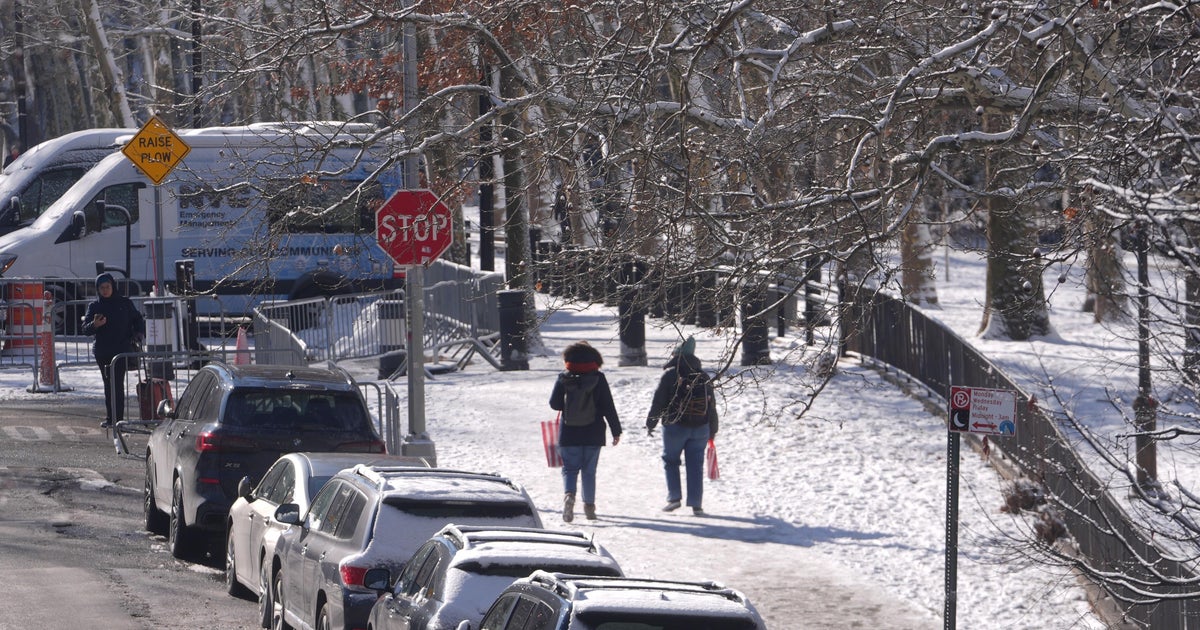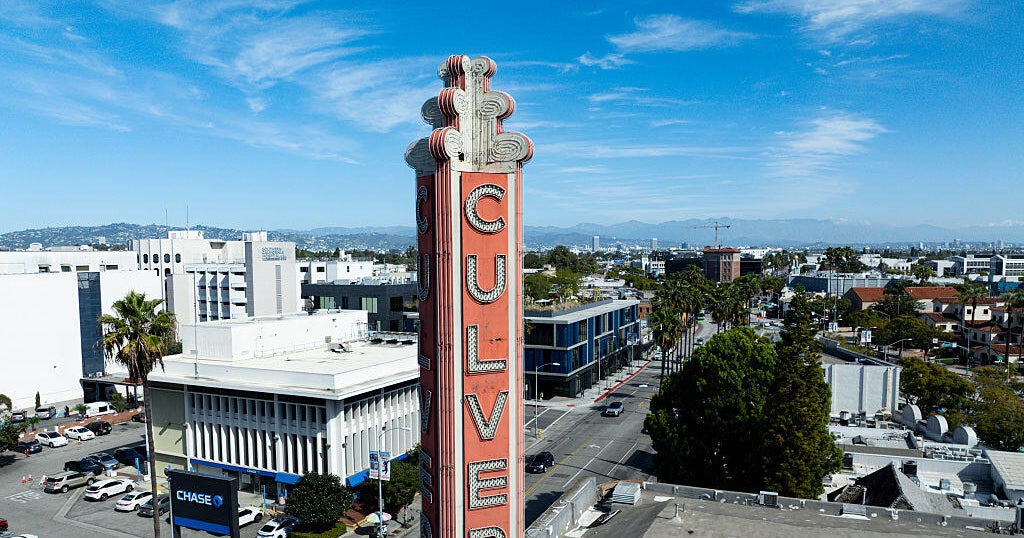Fire Commissioner: Don't Admit No Ambulances Are Available On Dispatch
CHICAGO (CBS) -- Mayor Lori Lightfoot has announced that Chicago will get more ambulances - in response to ongoing CBS 2 investigative reports documenting a serious shortage.
But the problems continue. And recently, 911 Center dispatchers were juggling calls from the public and even first responders needing ambulance assistance, but were told no ambulances were available.
We heard those calls by listening to publicly available radio broadcasts that the city's fire commissioner now apparently wants to silence.
It happened Jan. 21. During a two-and-a-half-hour period, the city said there were 67 calls for ambulances on the South Side that lead to the problems.
At 2:23 p.m., a caller told the 911 dispatcher: "There's an accident. Somebody's hurt real bad."
It was a two-car crash at 71st and State streets. One car was on fire.
A firefighter on the scene called for an ambulance.
"We're out of ambulances," the dispatcher responds.
A firefighter makes a second call and tells the dispatcher: "We're going to need a second ambulance at this address."
The dispatcher replies: "All right truck 20, you need two?… We have no one."
Three minutes later, another 911 call comes in from the Ford Assembly Plant at 126th Street and Torrence Avenue.
The 911 caller says: "There's a lady that's pregnant. She's having pains. They say she's having contractions."
A fire engine arrived first and radioed for ambulance assistance. The response from a 911 Center dispatcher was, "We don't have anybody right now."
And then at 2:31 p.m., the direst call comes in near 92nd Street and Perry Avenue and a dispatcher radioes: "Person down for (Fire Engine Company) 82."
The homeowner, Johnnie Bournes, ran to his neighbors for help after he said his wife Lula fell and hit her head.
"He was going hysterical," said neighbor Linda Hereford. "He didn't know what to do."
Hereford called 911 for an ambulance.
"We kept telling (the dispatcher) over and over again the lady is not breathing. Can you hurry up… send somebody?" recalled Hereford. "It took too long. It really did."
A fire engine arrived first with a paramedic on board - the city's long-standing attempt to work around its ambulance shortage.
Fire Engine 82 called the 911 center for a status report: "Eighty-two to Englewood. We're doing CPR here."
But a fire truck can't take you to the hospital - only an ambulance can. Ambulance 22 finally arrived to help Lula 15 minutes after the first call to 911.
Illinois Department of Public Health records show the Chicago Fire Department has committed to a response time goal of six minutes. In all these cases, the ambulance response times were three to five times longer than that six-minute goal.
Hereford said that if an ambulance had arrived sooner for Lula Bournes, "I believe she'd be alive. I really do."
Lula Bournes, 71, died the next day at the hospital. A joint obituary said Johnnie Bournes died a week later because "the loss of his beloved wife of 50 years was so overwhelming and devastating."
Just hours after we started asking questions about these cases, dispatchers at the 911 center got an email from the man who runs the city's paramedic program.
Fire Commissioner Richard Ford wrote, "The process of indicating that CFD is out of available ambulances or asking for any available ambulances over the radio will no longer be allowed."
That means radio dispatches like the ones quoted earlier are now banned.
Paramedic Field Chief Patrick Fitzmaurice has been blowing the whistle on Chicago's ambulance shortage for years. We showed him the fire commissioner's order.
"Oh wow. Per the fire commissioner now," Fitzmaurice said. "He's going to cover this up. This is a cover-up."
So why does this matter? For years, the CBS 2 Investigators have been uncovering case after case of people not getting the help they desperately need because of lengthy ambulance response times.
Just last fall, we told you about Tina Williams, who bled to death on the steps of her West Side home while waiting for an ambulance - despite frantic calls for help to 911.
The last of five calls to 911 was from a family member screaming: "Where are you? She's bleeding out, and we need an ambulance! What's taking you all so long?"
That investigation prompted this exchange with Mayor Lori Lightfoot at a news conference weeks later:
Lightfoot: "Oh, we're joined by Ms. Zekman - I wonder what that's about."
Zekman: "We've been reporting on ambulance delays for a long time now. This, week we reported that a woman died - bled to death on the steps of her home waiting for an ambulance. What are you going to do about this?"
Lightfoot: "We know that we need more ambulances, and it's my expectation, when we finalize a new fire contract, there will be more ambulances coming on line."
But the city won't say how many, or when.
In the meantime, life-threatening injuries continue to stretch ambulance resources. And the city's fire commissioner apparently wants dispatchers to keep quiet about it on radio calls.
"That's a foolish, foolish mistake," Fitzmaurice said.
He explained that it will disrupt the extra efforts paramedics make to try to get back on the streets when they hear on their radios that there are no ambulances are available.
Fitzmaurice explained that when paramedics hear dispatchers saying there are no ambulances available, sometimes they are stuck in a hospital emergency room waiting to get back the gurney they used to transport a patient, or to restock medical supplies.
They will ask hospital staff to transfer a patient to a hospital bed or will come back later to restock their supplies if they hear dispatchers saying they have no ambulances available to respond to emergency calls.
"It's like a mayday. It's an all hands on deck," Fitzmaurice said. "Like: 'Hey guys, we're jammed. We need ambulances.' And it happens all the time."
So what's behind the directive from Commissioner Ford? Fitzmaurice has a theory.
"He knows you're out there looking for this. So he's misdirecting," Fitzmaurice said. "He doesn't want you to hear this because he knows if you hear it, she's going to hear it."
The "she" in that quote is is Mayor Lightfoot.
But the question is when will Mayor Lightfoot do something about it?
"Somebody lost their life and she was a very nice woman," Linda Hereford said of her neighbor Lula Bournes. "Two persons died. It's sad to say, though. It really is."
A spokesman for the Chicago Fire Department denies the Fire Commissioner is trying to "cover up" the ambulance shortage problem, saying in a written statement that is "not only unwarranted but demonstrably false."
He said it was an effort to prevent the broadcasting of untrue information on citywide radios, after their comprehensive review showed there were three ambulances available at the time of those 911 calls in this report. But he could not identify any of those three ambulances by number.
Now, the spokesman said the Fire Department is working with the Office of Emergency Management and Communications to develop specific language that will avoid future confusion.
He also said that "to improve ambulance response times," the Fire Department and University of Chicago Urban Labs are currently completing a comprehensive analysis of the ambulance fleet "to ensure it meets the needs of the city."
The study will focus on the impact of five new ambulances added to the fleet by Mayor Rahm Emanuel following previous reports by the CBS 2 Investigators.
